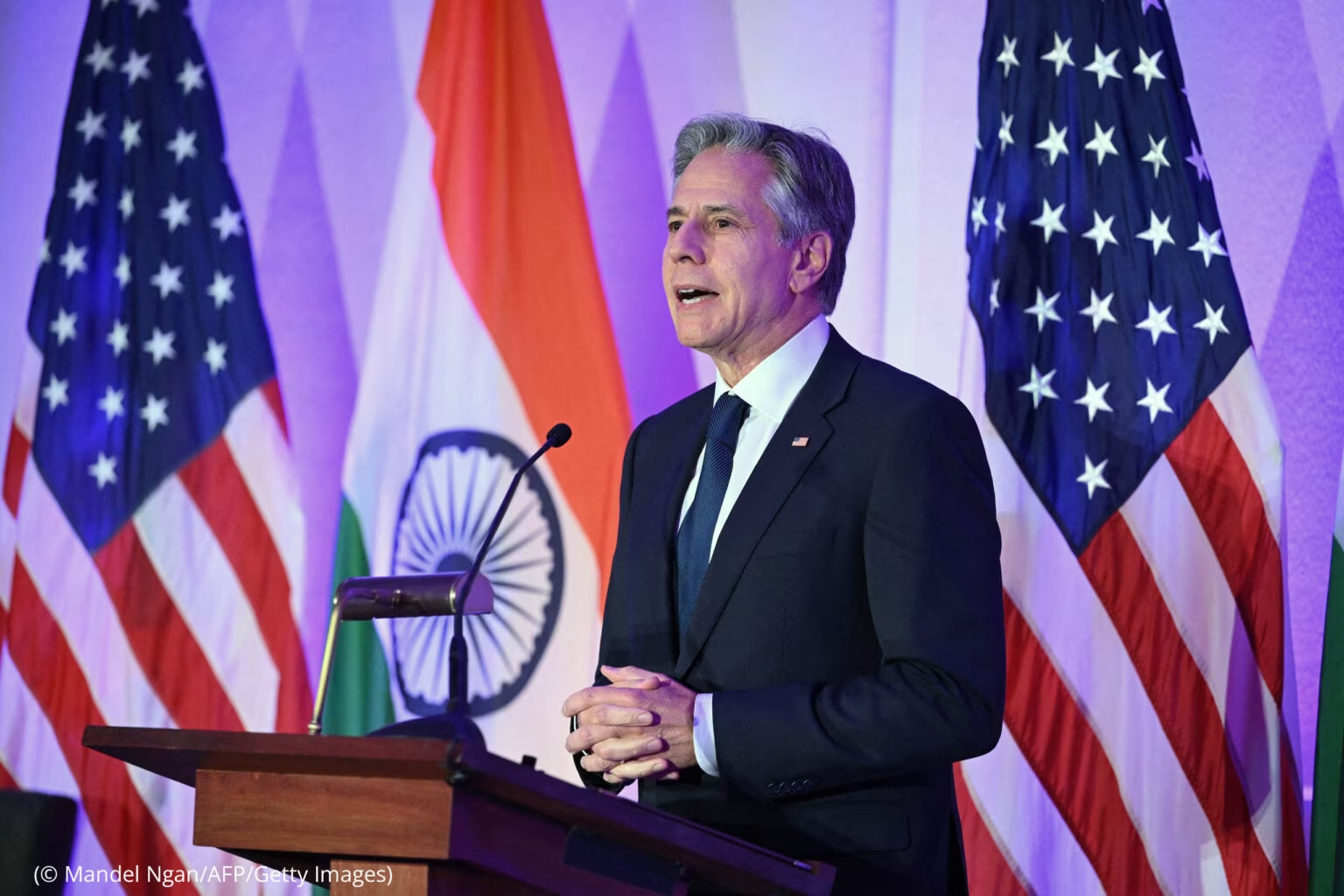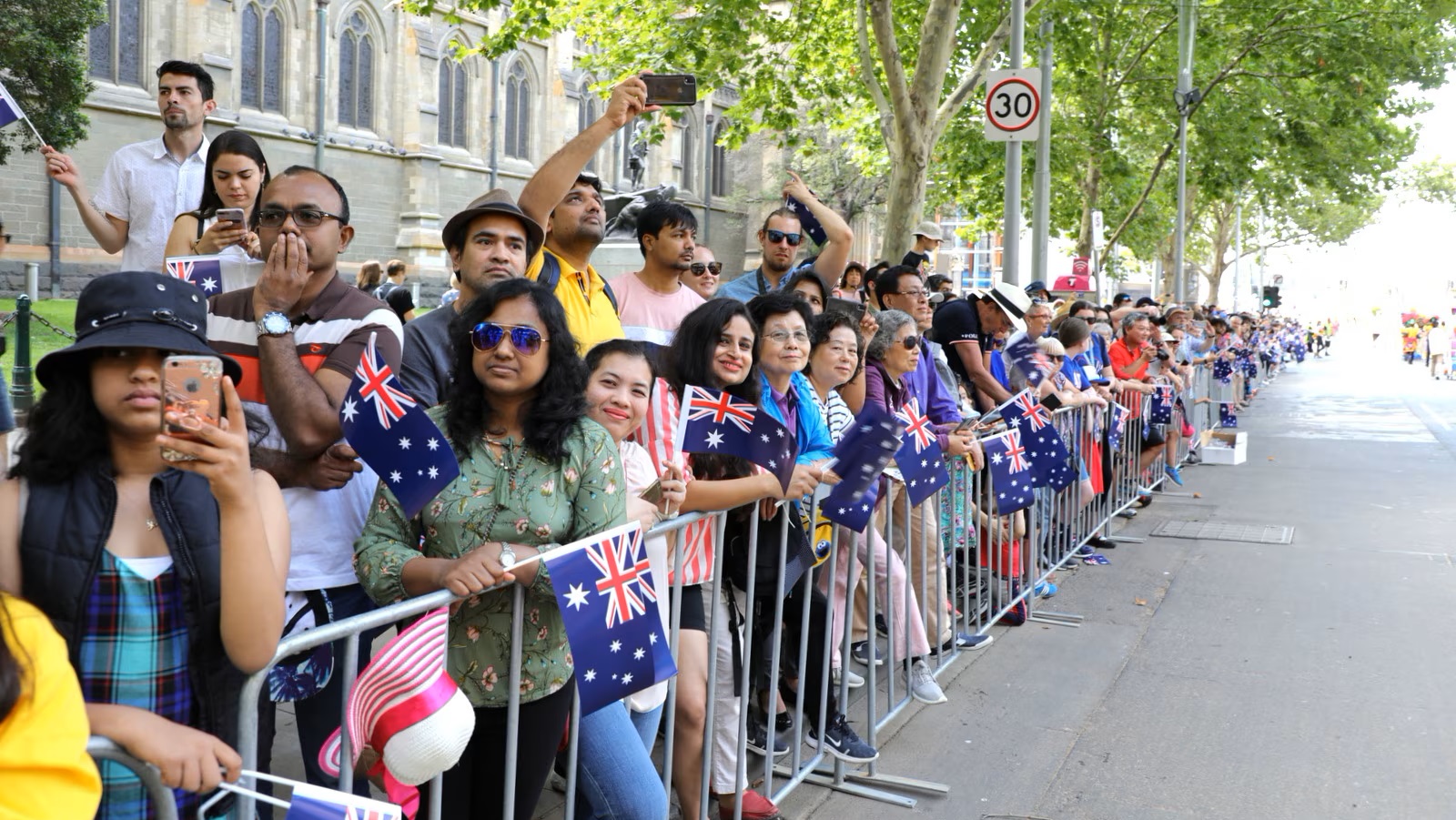Sweden to build world’s largest wooden city
Stockholm Wood City, the world’s largest urban construction project in wood, has been announced in Sweden. Set to commence in 2025, the first buildings are scheduled to be completed by 2027. Encompassing an impressive area of over 60 acres, Stockholm Wood City will offer 7,000 office spaces and 2,000 homes in Sickla, located in the southern parts of the capital city of Stockholm.


























